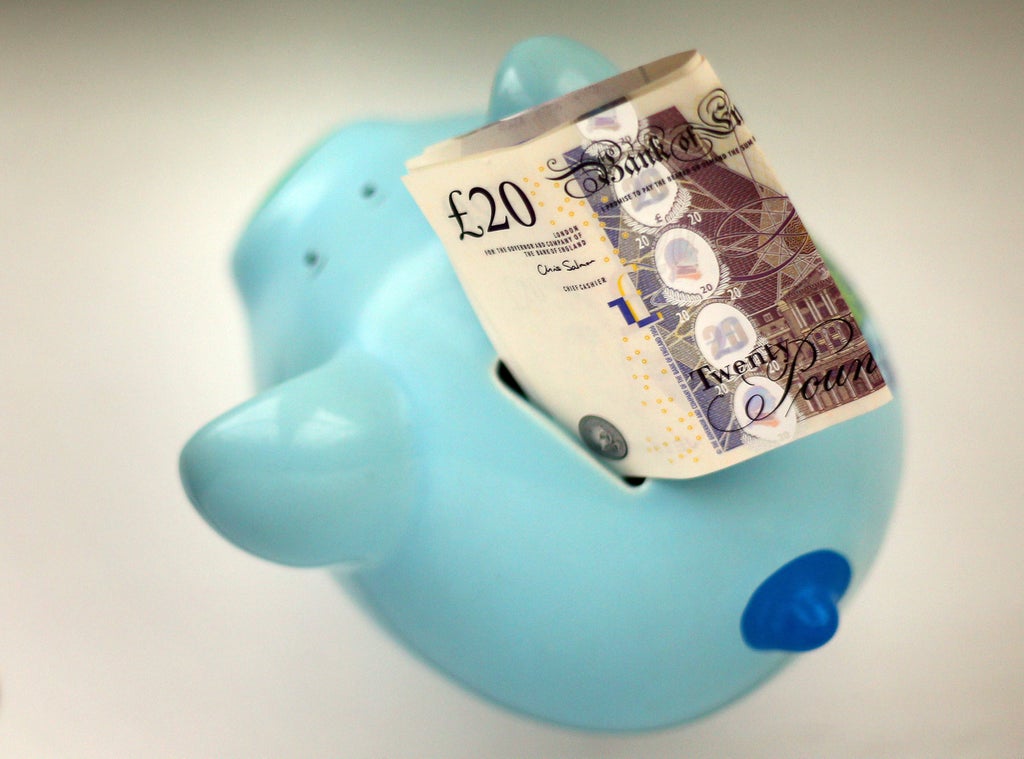
Pensioners have recovered more than £22m from HMRC in the first three months of 2022 alone, after being charged millions in emergency tax, according to the Revenue’s own data.
But the latest figures represent only a fraction of the £858m refunded due to this kind of short-term tax on pension pots.
Such extraordinary overtaxation happens when people decide to take money from their retirement savings for the first time.
Under so-called “pension freedoms” introduced in 2015, Britons were given greater flexibility to choose how they access the money built up in retirement savings.
From the age of 55, those with defined contribution pensions (also known as personal, stakeholder or money purchase pensions) can decide to leave their savings intact, take a guaranteed income or annuity from it, draw it down in chunks while leaving the rest invested, or a combination.
However, while the first 25 per cent of the pot can now be accessed from this age without incurring tax, the remaining 75 per cent is taxable as income.
HMRC usually applies an emergency tax code to that first flexible withdrawal of the tax year.
But instead of applying your entire normal annual tax allowance to the money, your total for the year is divided into 12 and only one part is applied to that first withdrawal.
So rather than receiving your usual £12,570 personal allowance, for example, you only get £1,047.50, no matter how much you then withdraw – or don’t – in the rest of the year.
Essentially, the Revenue treats your withdrawal for tax purposes as if you’re going to take that amount out every month of the year.
The problem is that because many people are taking one-off lump sums, that first withdrawal can be a significant amount of money.
The system in its current form means savers can be overtaxed by thousands of pounds on their first withdrawal, and the bill can be a huge shock.
Savers who start drawing down a regular income should be refunded automatically, but those who take a one-off or ad hoc lump sum from their retirement savings don’t.
They have to then actively reclaim the money by filling in one of three forms. Between January and March this year, HMRC processed more than 7,400 of these forms, worth a total of £22,317,529.
And that’s only for a three-month period. Over the 2021/22 tax year alone, HMRC refunded more than £142m in overpaid tax.
In fact, the total refunded since pensions freedoms were introduced now tops £858m.
HMRC is clear that nobody should overpay tax as a result of taking advantage of the flexibility offered by pension freedoms, and that once the individual applies for the rebate it will be paid in 30 days.
However, that’s based on everyone being aware of and successfully making that claim immediately. Otherwise, those who have overpaid will have to wait until it is automatically repaid at the end of the tax year, with the potential implications on personal cash flow at a time when millions of households are dealing with a worsening cost of living crisis with bills continuing to rocket.
“Pension freedoms have been in place for several years now and the issue of overpaid tax has always been a problem, yet we continue to see thousands of people overpaying by hundreds of millions of pounds every year,” says Helen Morrissey, senior pensions and retirement analyst at Hargreaves Lansdown.
“Pension freedoms are embedded into the retirement landscape now and it is time the system was reformed to reflect changed behaviours and make it easier for people to access their pensions.”
“There must be an easier way for people to be able to access their hard-earned pension cash without being clobbered by tax that they then need to work out how to reclaim. It’s a real fly in the ointment of the pension freedoms that have been embraced by society.”
Andrew Tully, technical director, Canada Life, suggests that for now, customers making a pension withdrawal for the first time could use a workaround.
“[Initiating] a small withdrawal of say £100 [will] generate a tax code from HMRC which the pension provider will apply to any subsequent withdrawals,” he says.
“That will result in the tax being taken at source being far more accurate in many more cases, reducing the paperwork but equally importantly the customer receiving a more accurate withdrawal.”
In the meantime, those who have been overcharged tax on their pension pot withdrawals will need to reclaim their tax using one of three forms depending on their circumstances, benefits and working status, and whether they have emptied their entire pension pot or not.







